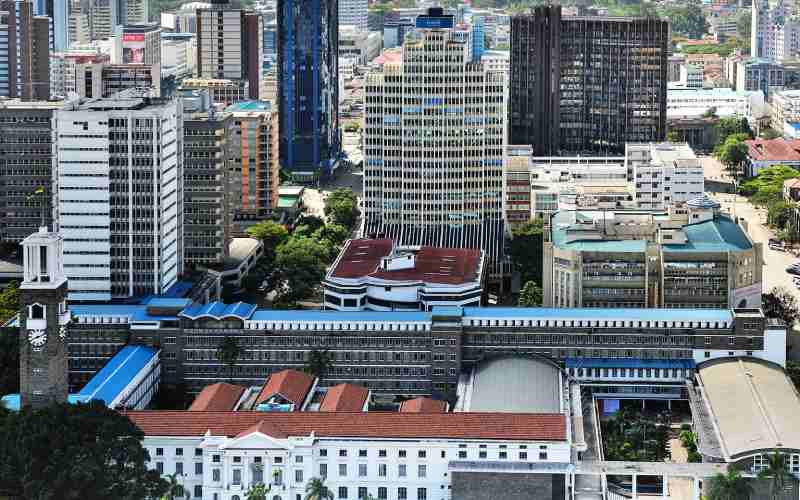×
The Standard e-Paper
Fearless, Trusted News

With each passing hour, more big companies are leaving Nairobi’s central business district (CBD) and opting to set base in alternative areas such as Upper Hill and Westlands.
This has led to a drop in demand for office space in the CBD at a time when more commercial buildings are coming up in the city.